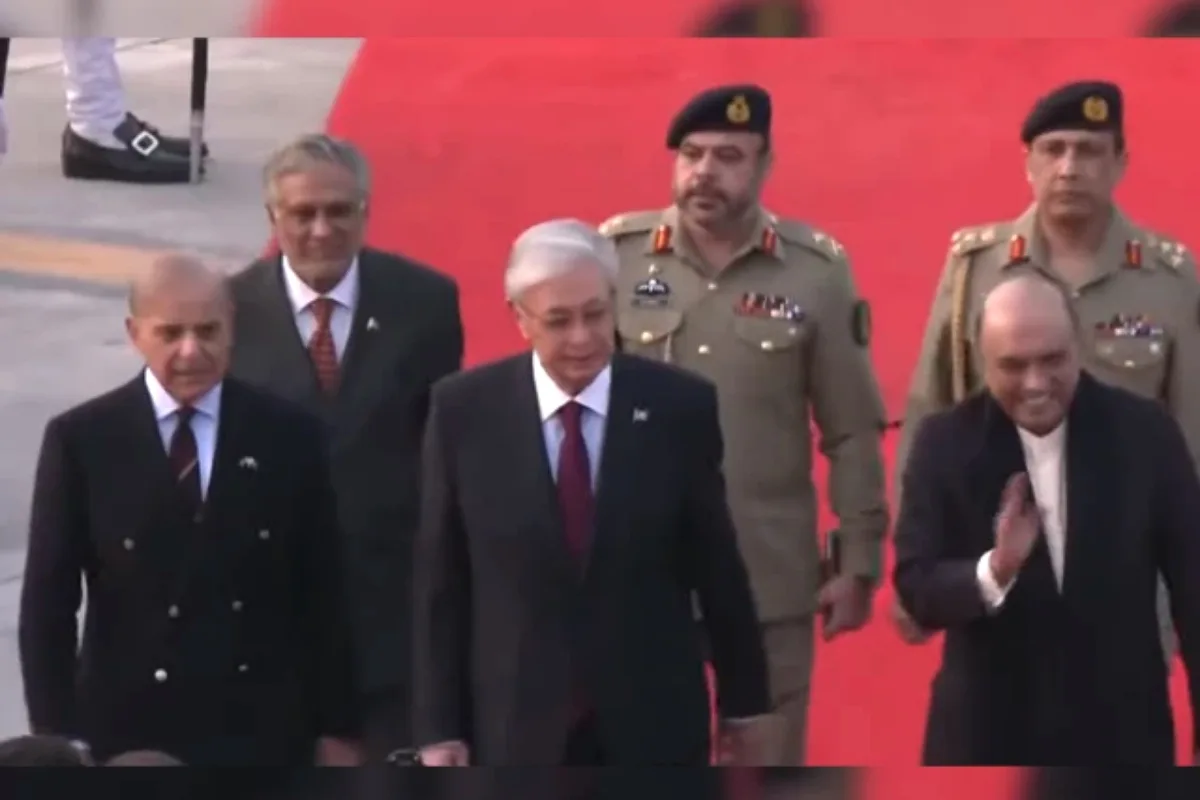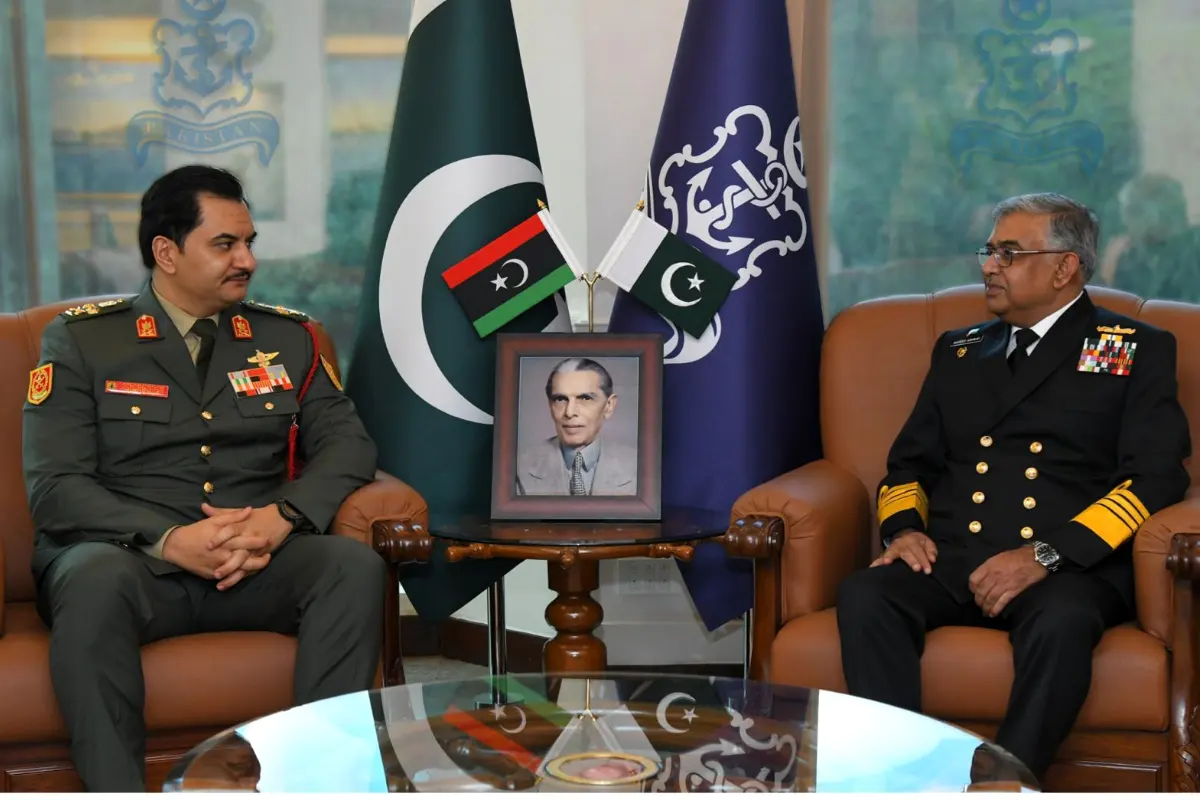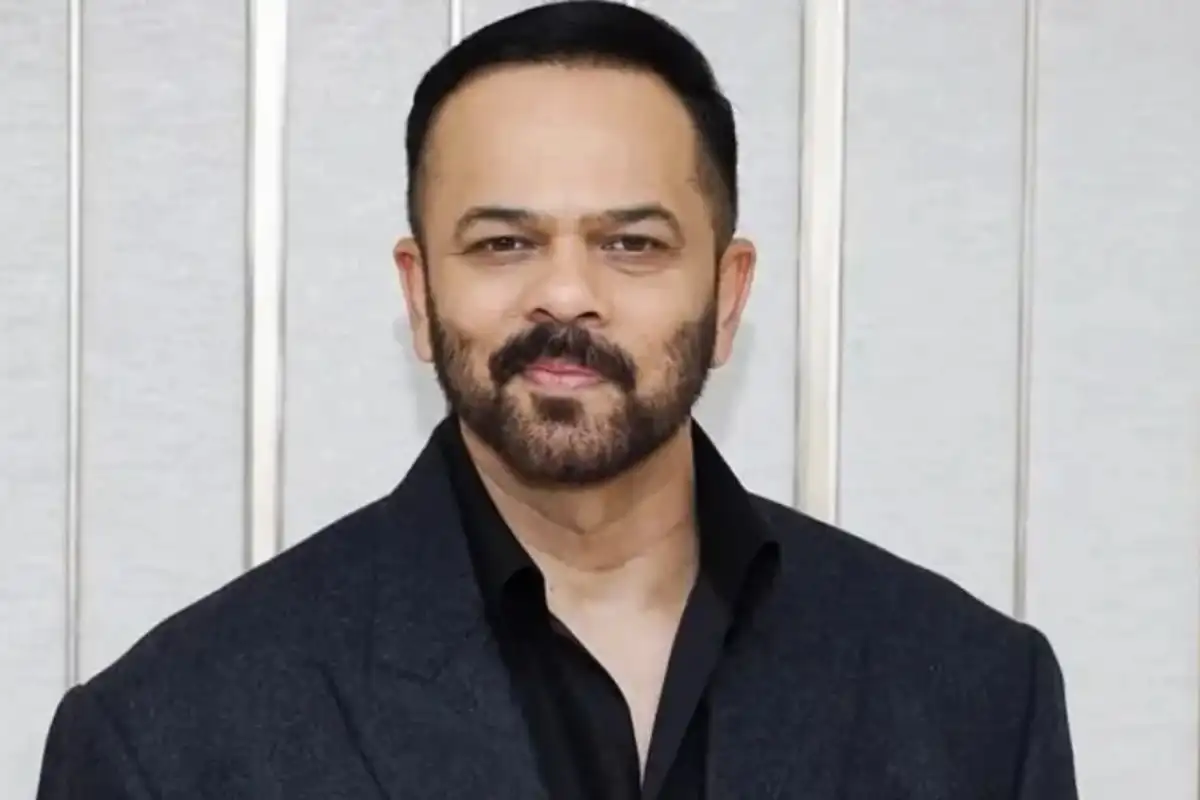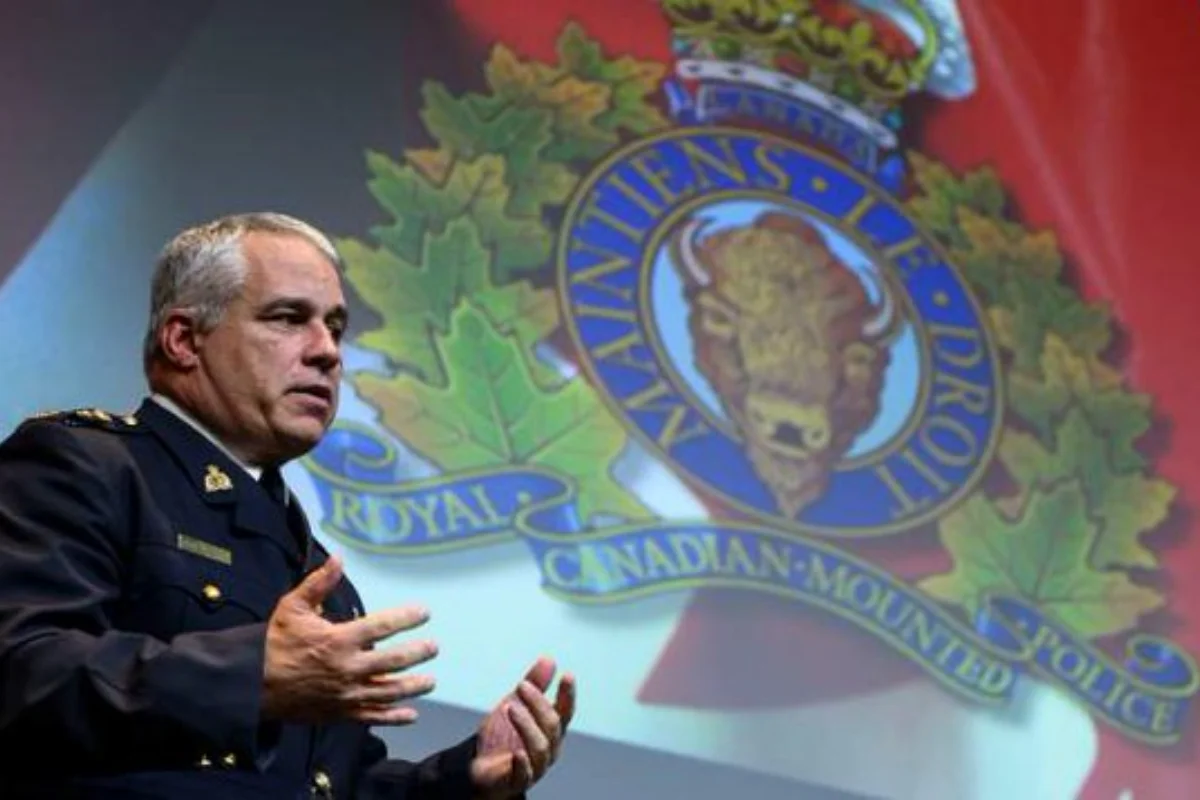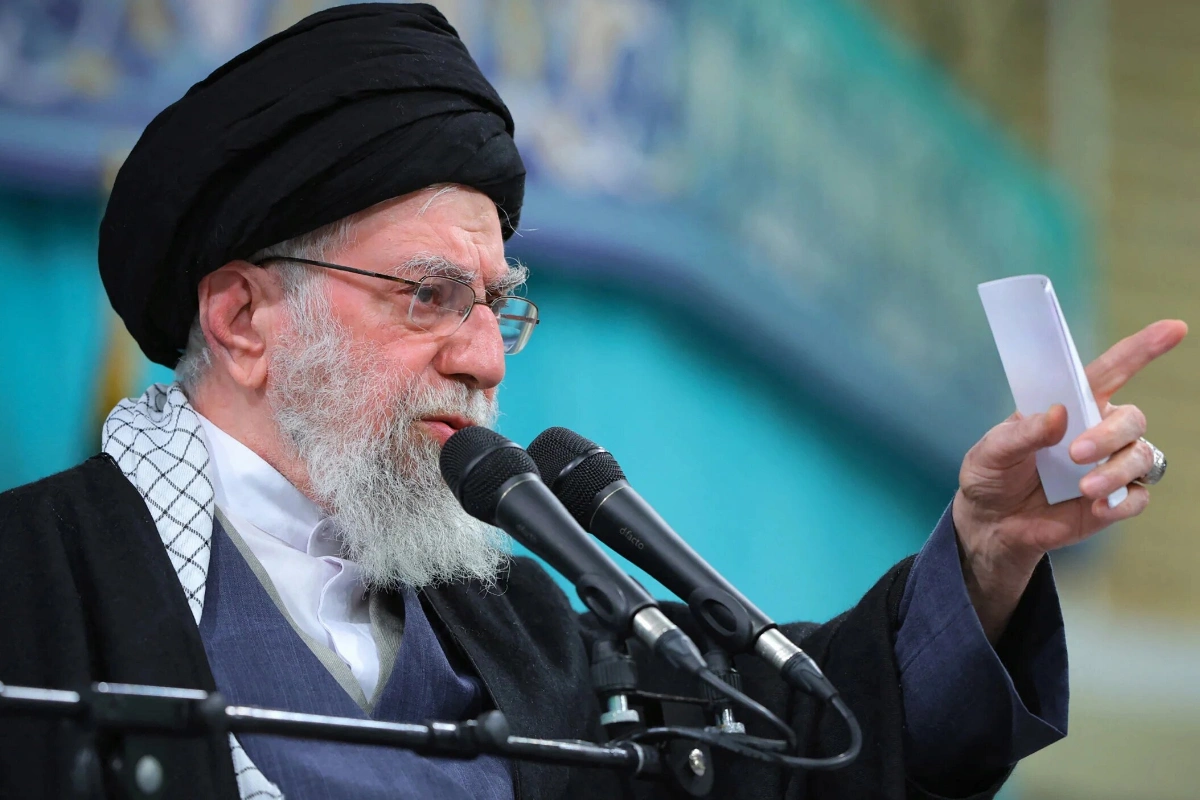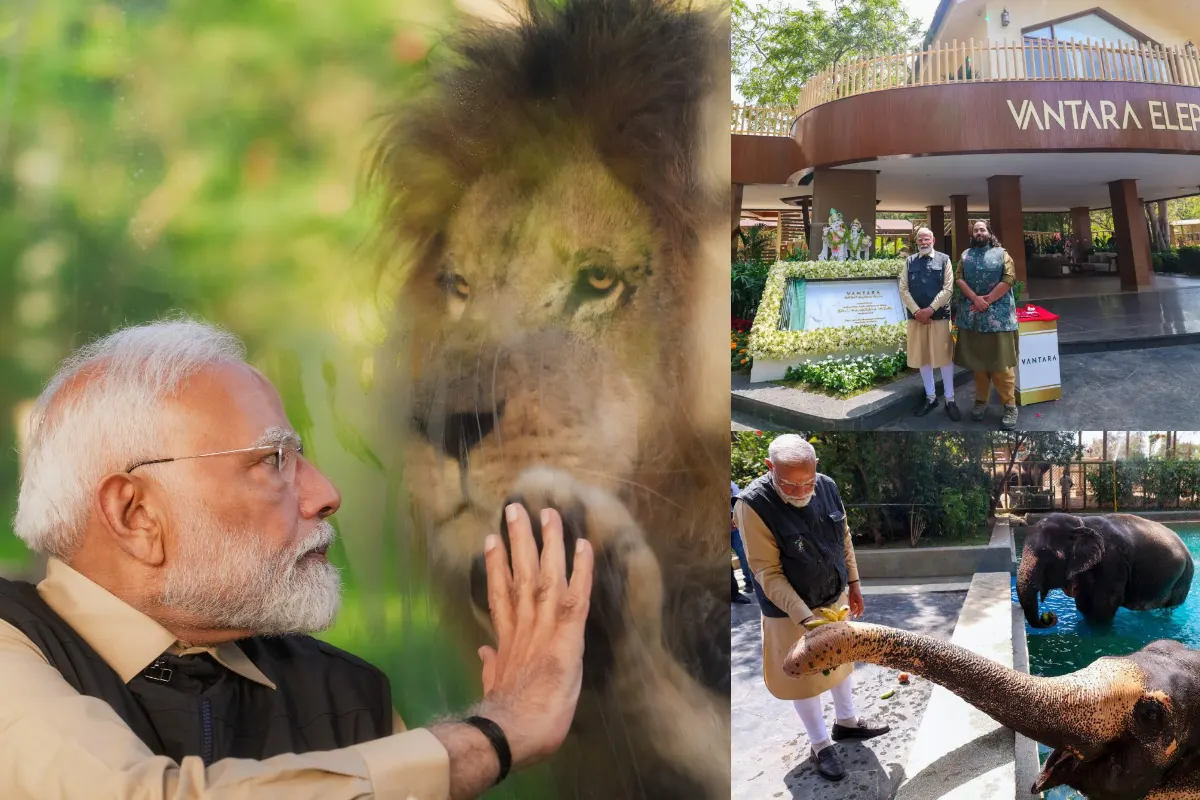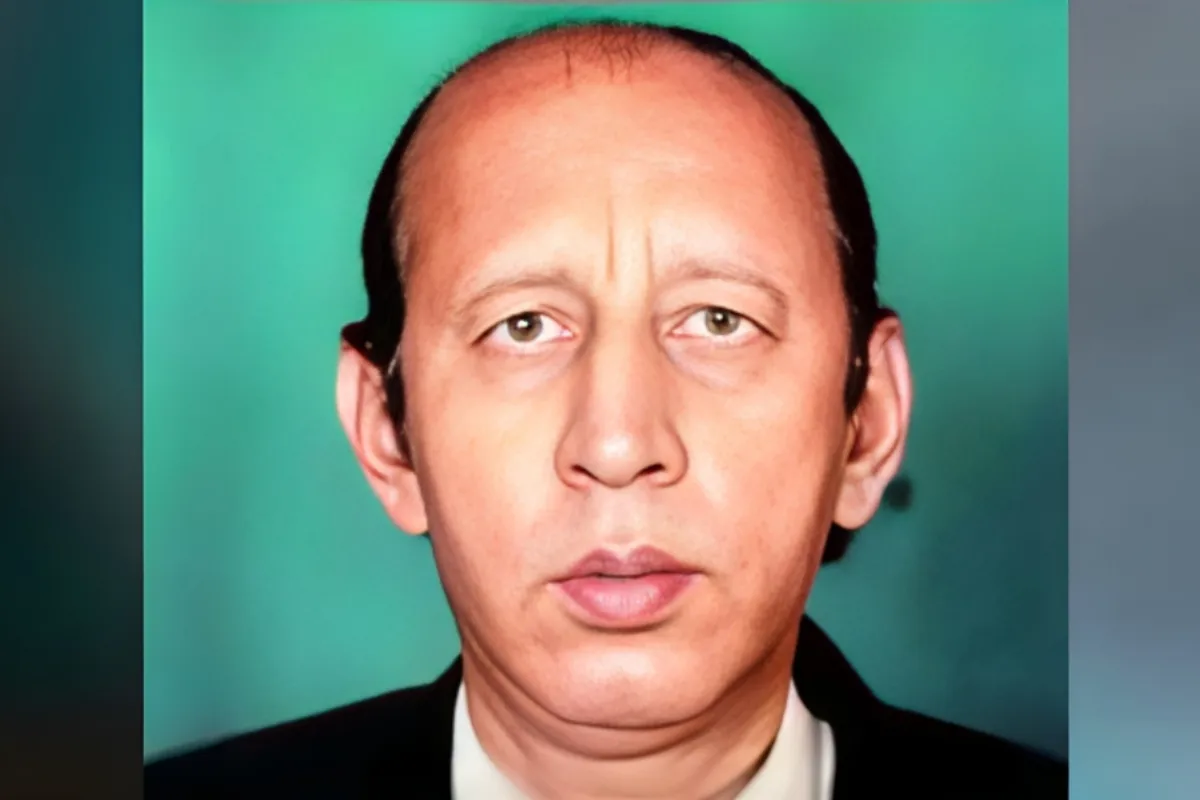From Crisis to Cohesion: Why the Muslim World Must Unite Now
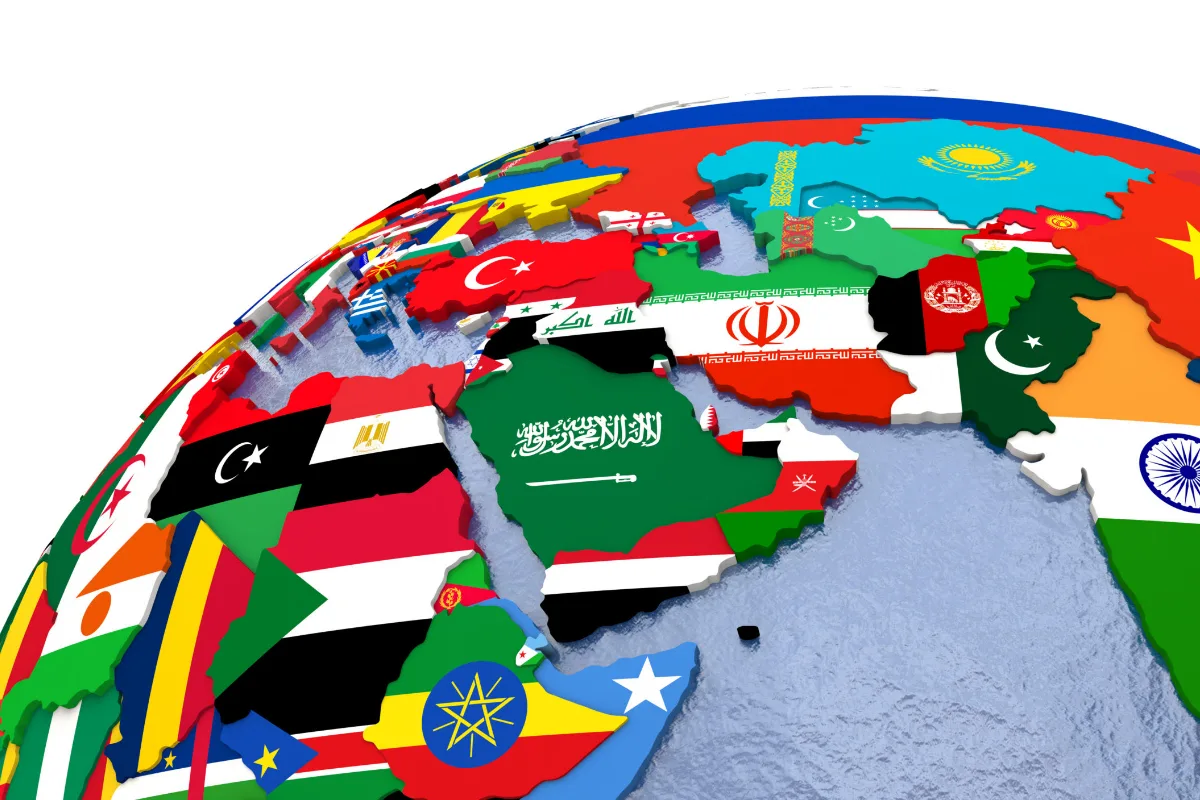
From Crisis to Cohesion: Why the Muslim World Must Unite Now
In the wake of the recent war between Iran and Israel, and the direct US involvement in it, the Muslim world stands at a crossroads. This was not a regional skirmish only; it still is a geopolitical flashpoint with the potential to destabilize the entire Muslim world. As history has repeatedly shown, divisions among Muslim countries have only paved the way for foreign intervention, subjugation and exploitation.
This crisis presents both a threat and an opportunity. It is a wake-up call for the Muslim world to rise above entrenched sectarian and ethnic divides – Sunni-Shia, Arab-non-Arab – and forge a united front based on shared values of justice, sovereignty and strategic independence. The attack on Iran sets a dangerous precedent. If Iran, with its vast population, oil reserves and strong military infrastructure, can be targeted, then no Muslim nation is truly secure. This time, it was Iran; tomorrow it could be Pakistan, Turkiye or any powerful Gulf state.
The West, particularly the US, has long employed the strategy of “divide and rule” to weaken Muslim unity. From the colonial-era Sykes-Picot Agreement of 1916 to the more recent Abraham Accords, Western powers have consistently backed Israel and sought to manipulate internal divisions among Muslims for their nefarious strategic designs. Unfortunately, many Muslim governments have fallen into this trap, as they now pursue only their narrow national interests by aligning with external powers. But, it comes at the expense of regional solidarity.
Some analysts opine that Iran must align more closely with Russia, China and even North Korea. While this policy may offer temporary support, what must be kept in mind is the fact that today’s world ultimately operates on the principles of realpolitik. These countries, howsoever powerful they may be, will never prioritize Muslim unity over their own national interests. For instance, despite rhetorical gestures of solidarity with oppressed Muslims, China continues its systematic repression of Uyghur Muslims in its Xinjiang region. Therefore, reliance on non-Muslim powers for salvation is neither sustainable nor a strategic choice.
What the Muslim world urgently needs is a unified, indigenous framework for defence and development. A visionary yet pragmatic solution would be the creation of an Islamic Defence Alliance, modelled on NATO, with a binding clause similar to Article 5: an attack on one member would be considered an attack on all. This alliance must not be a ceremonial or symbolic body; it must be a fully functional intelligence and military network with joint command structures, rapid deployment forces and integrated defence industries.
Beyond military cooperation, the Muslim world needs to develop economic and technological integration. Intra-OIC trade stands at merely 15-20% of the total trade of member states – the share of intra-OIC trade in member states’ overall foreign trade stood at 19.16% in 2023. This must be increased through preferential trade agreements and the development of a common Islamic market. Independent financial systems and banking institutions, free from the IMF and World Bank control, are also a sine qua non. Moreover, Muslim countries ought to invest in education, space technologies, artificial intelligence and clean energy to ensure long-term prosperity and autonomy.
Equally important is the need to challenge Western media dominance. A pan-Islamic media network should be established to effectively counter anti-Muslim narratives, highlight Muslim achievements and promote unity and awareness across borders.
In conclusion, the era of hollow condemnations and symbolic summits needs to end now. The threats confronting the Muslim world are existential and immediate. Only via genuine unity, strategic vision and economic independence can the Ummah safeguard its sovereignty, reclaim its dignity and secure its rightful place in a world increasingly defined by power blocs and geopolitical alliances.
Mubashir Hasan Shad
The writer is a mentor and writer.
Catch all the World News, Breaking News Event and Trending News Updates on GTV News
Join Our Whatsapp Channel GTV Whatsapp Official Channel to get the Daily News Update & Follow us on Google News.


